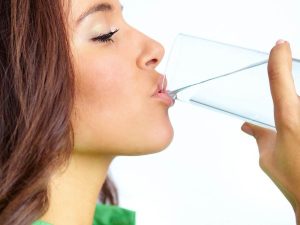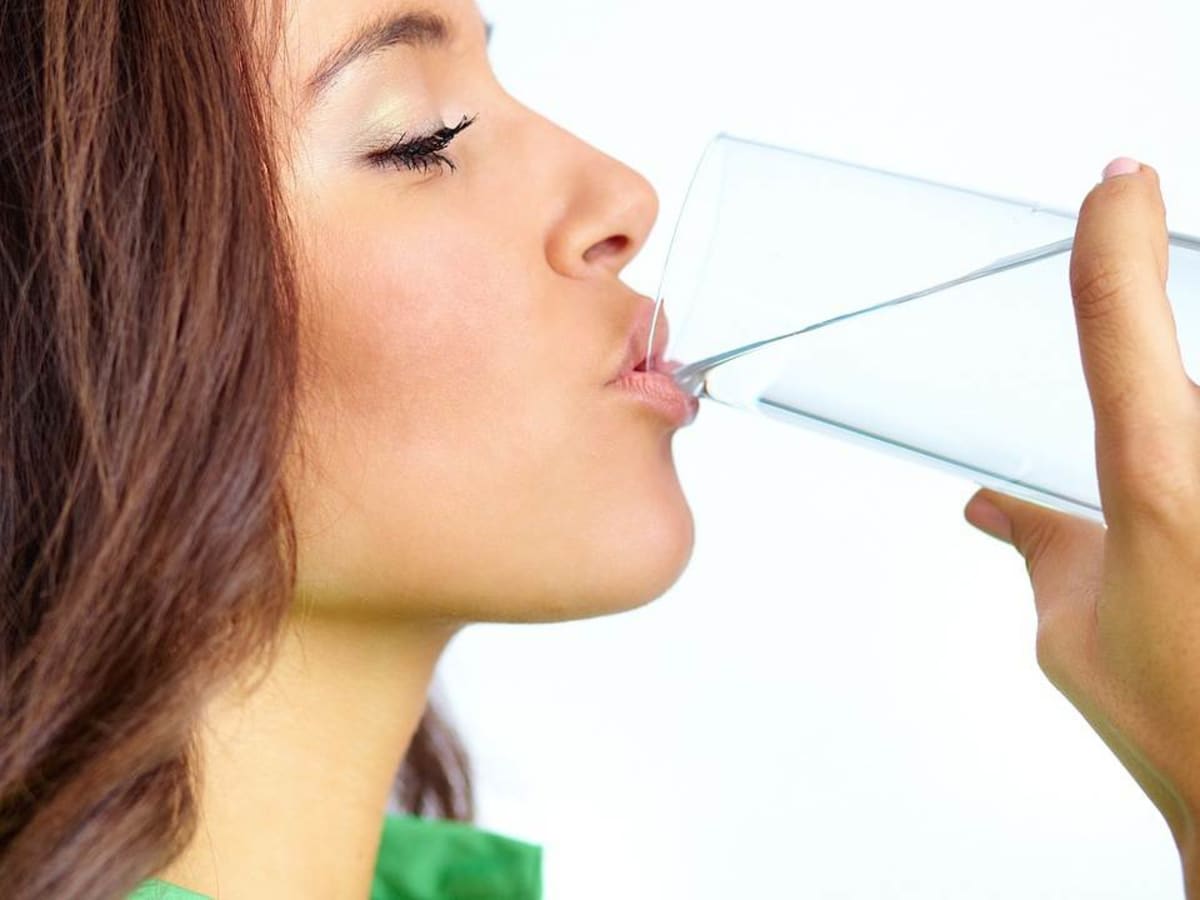This article is designed for individuals seeking a comprehensive understanding of proper hydration and its impact on overall well-being. It aims to educate readers about the importance of hydration, provide insights into recommended water consumption, and offer practical tips for staying adequately hydrated. The article features the expertise of Dr. Rhonda Patrick, a renowned biochemist, to provide scientific insights into the topic.
Mastering Hydration: Tips from Dr. Rhonda Patrick
In the pursuit of optimal health, there’s one simple yet powerful element that often gets overlooked: hydration. It’s a fundamental pillar of well-being that influences various bodily functions, from digestion to cognitive performance. Dr. Rhonda Patrick, a prominent biochemist renowned for her in-depth discussions on nutrition and genetics, is here to unravel the science of hydration and guide us towards understanding the recommended water consumption for our overall health.
The Significance of Hydration in Health
Beyond quenching our thirst, hydration plays a crucial role in maintaining our physiological balance. It’s like the lubricant that keeps the intricate machinery of our body running smoothly. Proper supports digestion by aiding in the breakdown of food and absorption of nutrients. It also helps regulate body temperature, allowing us to adapt to different environments.
Cognitive performance is intimately linked to as well. Dehydration can lead to decreased concentration, impaired memory, and reduced alertness. Staying adequately hydrated ensures that our brain functions optimally, allowing us to tackle mental tasks with clarity and focus.

Deciphering the Recommended Water Intake
The age-old question remains: How much water should you drink each day? Dr. Rhonda Patrick emphasizes that there’s no one-size-fits-all answer. Your hydration needs are influenced by various factors, including your age, activity level, climate, and overall health.
A general guideline is to aim for about 8 cups (64 ounces) of water per day, but this can vary widely. Active individuals or those in hot climates may require more to compensate for fluid loss through sweat. Older adults and individuals with specific health conditions should also tailor their intake accordingly.
Listening to your body is key. Thirst is a reliable indicator that your body needs more fluids. Additionally, paying attention to the color of your urine can provide insights into your hydration status. Pale yellow urine usually indicates proper hydration, while dark yellow or amber-colored urine suggests that you may need to increase your fluid intake.
Practical Strategies for Staying Hydrated
Ensuring proper hydration doesn’t have to be complicated. Dr. Patrick offers practical strategies to help you stay on track:
- Infused Water: Make hydration exciting by infusing water with slices of fruits like lemon, cucumber, or berries. Not only does this add a burst of flavor, but it also encourages you to drink more.
- Hydration Reminders: Set alarms or use smartphone apps to remind yourself to drink water throughout the day. Small, frequent sips can help you reach your hydration goals more easily.
- Opt for Hydrating Foods: Incorporate water-rich foods like watermelon, cucumbers, and oranges into your diet. These foods provide not only hydration but also essential vitamins and minerals.
- Electrolytes Matter: Electrolytes, such as sodium, potassium, and magnesium, play a role in maintaining fluid balance. Including electrolyte-rich foods like bananas, avocados, and leafy greens can support hydration.
Beyond Water: Hydrating Foods and Electrolytes
Dr. Patrick’s expertise extends beyond the realm of water. She highlights the importance of hydrating foods and electrolytes in maintaining proper fluid balance. Fruits and vegetables with high water content, such as celery, lettuce, and strawberries, contribute to hydration while providing valuable nutrients.
Electrolytes, often associated with sports drinks, are essential for maintaining fluid balance in our cells and tissues. Including foods rich in electrolytes, such as nuts, seeds, and whole grains, can aid in hydration and overall health.
Conclusion
As you journey toward optimal health, remember that proper is a cornerstone of well-being. Dr. Rhonda Patrick’s insights provide a comprehensive understanding of the science behind hydration and offer practical strategies to ensure you’re adequately hydrated.
By incorporating the recommended water intake, listening to your body’s signals, and embracing hydrating foods, you can harness the power of hydration to enhance your cognitive function, digestion, and overall vitality. Let Dr. Patrick’s expertise guide you as you make conscious choices to prioritize and pave the way to a healthier, more vibrant you.




